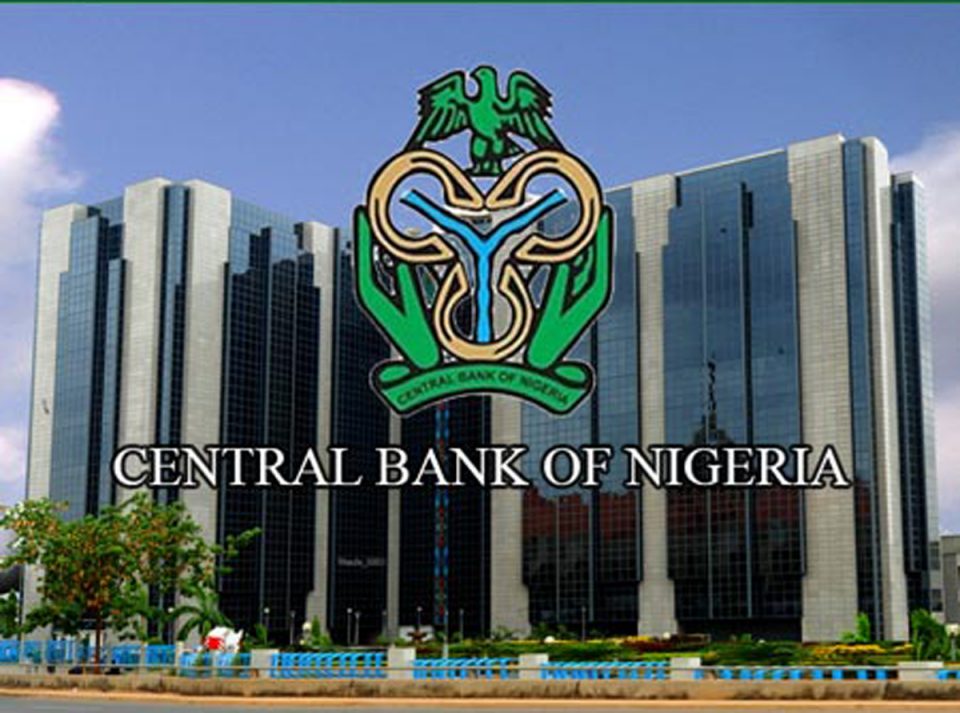The total assets of the microfinance banks rose by N251.02bn from N758.98bn as of the end of July 2020 to N1.01tn as of the end of December 2020 as the firms moved to achieve their recapitalisation requirements.
This was contained in a report by the Central Bank of Nigeria on ‘Microfinance banks’ account (2SR) Assets’ quarterly bulletin obtained by our correspondent.
In April 2020, the CBN in consideration of the impact of the COVID-19 pandemic on economic activities revised the deadline for compliance with the minimum capital requirements for microfinance banks in Nigeria.
The banking regulator communicated this in a circular with reference number FPR/DlR/GEN/ClR/07/054 entitled ‘Re: Review of minimum capital requirements for microfinance banks in Nigeria’.
Part of the circular read, “The Central Bank of Nigeria has extended the deadlines for compliance with the revised minimum capital requirements for all categories of the MFBs by one year as follows:
“The MFBs operating in rural, unbanked and under-banked areas (Tier two) shall meet the N35m capital threshold by April 2021 and N50m by April 2022.
The MFBs operating in urban and high density banked areas (Tier one) are expected to meet the NI00m capital threshold by April 2021 and N200m by April 2022.
“State MFBs shall increase their capital to N500m by April 2021 and N1bn by April 2022.
“And national MFBs are expected to meet minimum capital of N3.5bn capital by April 2021 and N5bn by April 2022.”
CBN, experts urge microfinance banks to boost financial inclusion
Suspend microfinance banks recapitalisation, Reps urge CBN
Before the apex bank commenced the recapitalisation of the microfinance institutions in 2018, the minimum capital base for national microfinance banks was N2bn; state microfinance banks had N100m; while the unit microfinance banks had a minimum capital requirement of N20m.
According to the CBN, 874 microfinance banks had licences to operate in the country as of December 7, 2020.
A report by Agusto & Co. titled ‘The COVID-19 pandemic-induced accelerated digital transformation may have a limited impact in the microfinance industry in Nigeria – Agusto & Co’, had said that the inability of some microfinance banks to meet the recapitalisation requirements before its recapitalisation deadline may lead to a decline in the number of MfBs in the country by 400.
According to the report, many microfinance banks in Nigeria, like in most developing countries with relatively low penetration of e-channels, witnessed a doubling of obligations that were past due for up to 30 days during the first wave of the pandemic and lockdown restrictions in early 2020.
Despite up to N5bn spent by the major national and state microfinance banks in Nigeria on the implementation of Internet, mobile and USSD banking services, it stated, the sector remained heavily reliant on brick-and-mortar branches for the acquisition of customers and disbursement of loans and the collection of notes and coins for repayment.
Agusto & Co. expected the microfinance industry to fare better in 2021 supported by the global roll-out of COVID-19 vaccines, accelerated digital transformation of microfinance banks and businesses in general, renewed focus on essential sectors and government support for MSME businesses.



